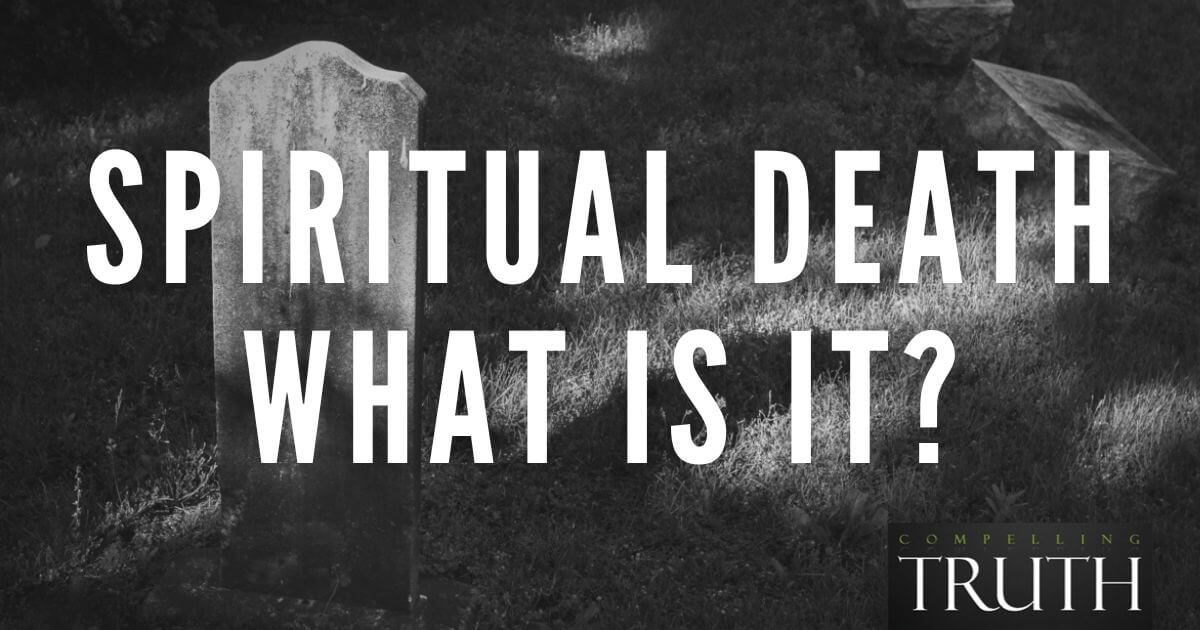The Tree of the Knowledge of Good and Evil was located in the garden of Eden, as described in Genesis 2:9 and 2:16–17, where God commanded Adam not to eat its fruit. Despite having all their needs met, Adam and Eve disobeyed God's command and ate from the tree, which led to their awareness of nakedness and shame (Genesis 3:1–7) and led to spiritual death and the curse of sin. To prevent them from living forever in a fallen state, God expelled them from the garden of Eden and blocked access to the Tree of Life (Genesis 3:22–24). This narrative highlights the importance of obedience to God's commands and the serious consequences of sin.
Adam and Eve were created by God, and He breathed His breath into them (Genesis 2:7). They were created in the image of God, different from all other creatures already created, both material and spiritual (Genesis 1:27). They were to care for His creation, use their own creativity, and live rich, content lives in an easy harmony with God as their will aligned with His (Genesis 1:28–31). Adam and Eve were sinless, but they were also innocent. They had no evil in them, and their characters were untouched by exposure to evil. They were put in a place perfectly designed for them. All their needs were met; they had companionship, communion with God, work, and food. But communion without choice isn't communion. It's been said many times that God did not create mankind to be puppets. It was not His will to determine our every action. Instead, He did something much more powerful and much more dangerous. He created beings who were endowed with His will and character, but were not controlled by Him. Just as Adam and Eve were given the freedom to choose, we, too, have the freedom to make choices in our lives. We must remember that God’s ways are the best ways. We must consider the weight and consequences of our decisions, reminding us that with freedom comes responsibility. Adam and Eve had everything they needed provided by God, yet they sought more by disobeying Him. God calls us to be content (Philippians 4:11–13) and to trust in God's provision and timing in our own lives (Psalm 34:10; Philippians 4:19).




